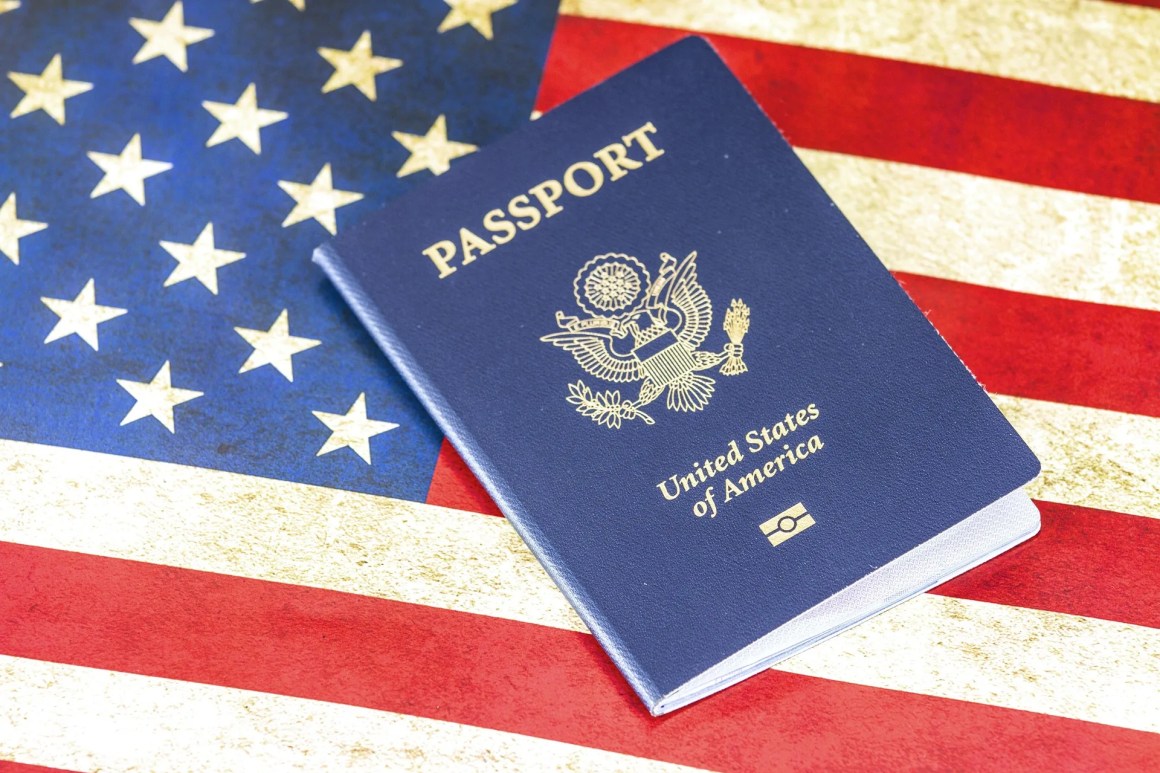Navigating the US visa landscape can feel like trying to decode a secret language — especially if you’re an entrepreneur or freelancer hoping to set up shop stateside. But 2025 is bringing some fresh updates that could make this journey smoother than ever before. Whether you’re dreaming of launching a startup in Silicon Valley or freelancing remotely from New York, understanding these new pathways is crucial.

Table of Contents
Entrepreneur Visas: What’s New in 2025?
The International Entrepreneur Rule (IER), which has offered a way for startup founders to stay temporarily, is getting expanded support this year. This means more entrepreneurs might qualify without the usual red tape. The focus? Encouraging innovation and job creation. Additionally, the EB-2 National Interest Waiver (NIW) is becoming more accessible for entrepreneurs with exceptional skills contributing to the US economy.
Freelancers and Remote Workers: Easier Access to Visas
For freelancers, the landscape is shifting to recognize the rise of remote work. The O-1 visa, known for individuals with extraordinary ability, is gaining more traction among freelancers with strong portfolios and client histories. Plus, some states are experimenting with local visa facilitation programs aimed at attracting digital nomads and freelancers, offering more flexible options than before.

New Visa Categories Tailored for Digital Nomads
2025 sees the US testing a few pilot programs for digital nomads, including potential temporary visa options that allow freelancers and entrepreneurs to live and work legally for up to a year without traditional sponsorship requirements. These moves reflect a growing recognition of the gig economy’s role in the future workforce.
What Has Become Easier?
- Application Processing: The US Citizenship and Immigration Services (USCIS) is streamlining application reviews for startup founders and tech entrepreneurs.
- Documentation Requirements: There’s a lighter load on paperwork, especially for those demonstrating clear economic benefit to the US.
- Remote Work Validation: Proof of stable remote work income is more widely accepted, easing freelancer visa approvals.

What Should You Prepare?
Make sure you have:
- A robust business plan or portfolio
- Proof of client contracts or income streams
- Evidence of contributions to your field or community (media, awards, client testimonials)
- A clear understanding of your visa category requirements
Resources to Help You Navigate
You can explore official details and updates at the USCIS website and check visa options through VisaJourney, a helpful community for immigration applicants.

Conclusion
2025 is shaping up to be a promising year for entrepreneurs and freelancers eyeing the US market. With more tailored visa pathways and a focus on innovation, it’s time to gear up, polish your applications, and take that exciting leap across the pond.



